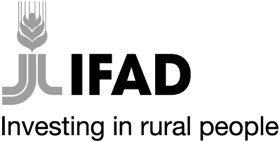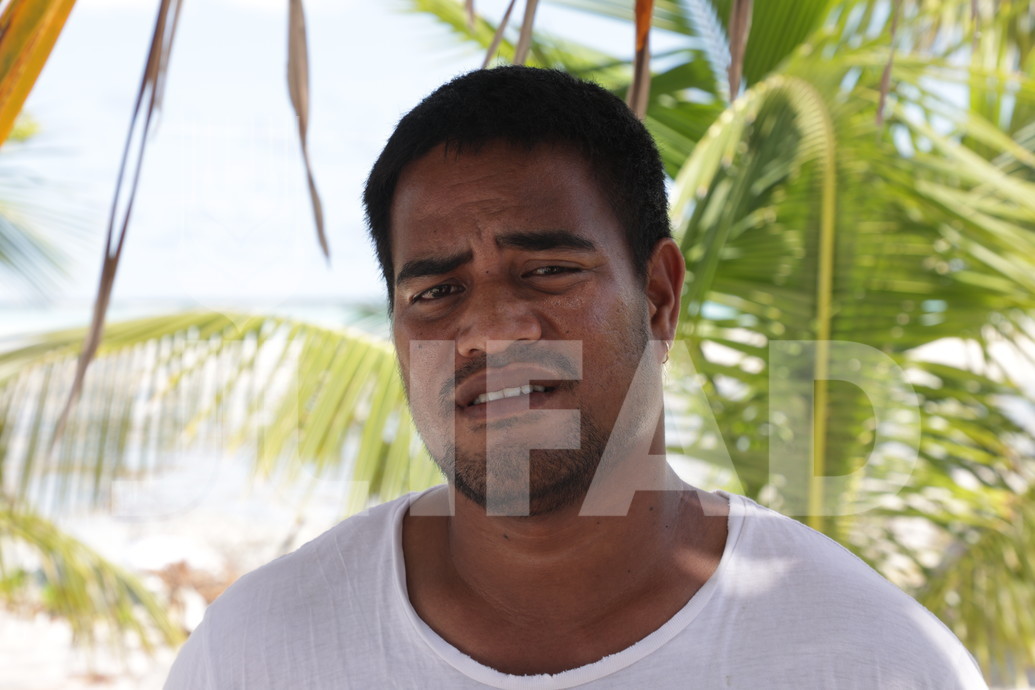| ID: | 83748 |
|---|---|
| Country: | Kiribati |
| Title: | Kiribati – Pacific Islands Rural and Agriculture Stimulus Facility (PIRAS) – November 2022 |
| Description: |
Baintang Raurenti, 28 years-old, from Bangotan Auriaria Community in Eita Village, South Tarawa. Baintang, adds compost to the sandy soil around vegetable plants in his garden. Like most community members, Baintang was solely dependent on fishing and selling his daily catch of sundried fish as his main source of income. COVID-19 forced him to find solutions to problems brought about by the pandemic, including reduced access to imported foods. In Kiribati, people realized the importance of diversifying their livelihoods and producing their own food in home gardens as a means to strengthening their food security. PIRAS helped Baintang diversify his livelihood by providing him with the training and resources he needed to produce vegetables. Not only has his income increased, but he has greater food security and no longer struggles to access nutritious foods. “Most of my family and neighbours were doing gardening, and sometimes I would help them. I really like to eat cabbage, but it was too expensive for me to buy. So, I decided to join and learn from them. Now, I eat well from my own garden and earn extra money from selling my produce.” Adding to his fishing income the US$ 20-50 he earns from his garden each week, Baintang has doubled the amount of cash he puts into his pocket. Baintang grows a variety of vegetables, including eggplant, tomato, corn and, of course, cabbage. The project taught him how to make compost and use it to enrich the sandy island soil in his beachside garden plot to grow healthier, more productive plants. Three weeks before transplanting seedlings into the garden, he adds layers of dry leaves, seaweed, manure from his pig pens and other organic matter into the seed beds, mixing it from time to time. When the compost is ready, he transplants the seedlings, watering them with rainwater collected in the 5,000-liter tank he received from the project. “I have a greater variety of food, my income has increased, and my body is healthier. I used to cough a lot, I would get short of breath when I worked, and I was sleepy most of the time. Since I am eating healthier foods, all of that has changed for the better. I can grow what I want now, because I have these new skills and knowledge in my heart that no one can steal from me. I am so grateful to Australia, IFAD and Live & Learn for supporting us and leading us to be good organic gardeners. l will never forget how you helped me be a better man for my future.” Launched in 2022 in collaboration between IFAD and the Australian Government, the Pacific Islands Rural and Agriculture Stimulus (PIRAS) Facility is a regional initiative that aims to minimize the impact of the COVID-19 pandemic on rural island households. The programme supports food system and economic recovery by prioritizing food self-reliance, improving local nutrition and developing sustainable, equitable agricultural livelihood opportunities for rural communities in Fiji, Kiribati, Samoa, Solomon Islands, Tonga and Vanuatu. In Kiribati, PIRAS works in collaboration with the Atolls Food Future Project, implemented by Live & Learn Environmental Education, and focuses on increasing farm production, nutrition and climate resilience by providing farmers and gardeners with nutrition-sensitive seedlings and planting materials, labour-saving tools, and equipment. It trains them in the safe use and maintenance of water tanks, composting production and soil preparation, and liquid fertilizer production and application. |
| Size: | 4.32 MB; 5472 x 3648 pixels; 463 x 309 mm (print at 300 DPI); 1448 x 965 mm (screen at 96 DPI); |
| Show more details: | Barbara Gravelli |
| Copyright: | © IFAD/ Barbara Gravelli |
| Categories: | New from Asia and the Pacific |

